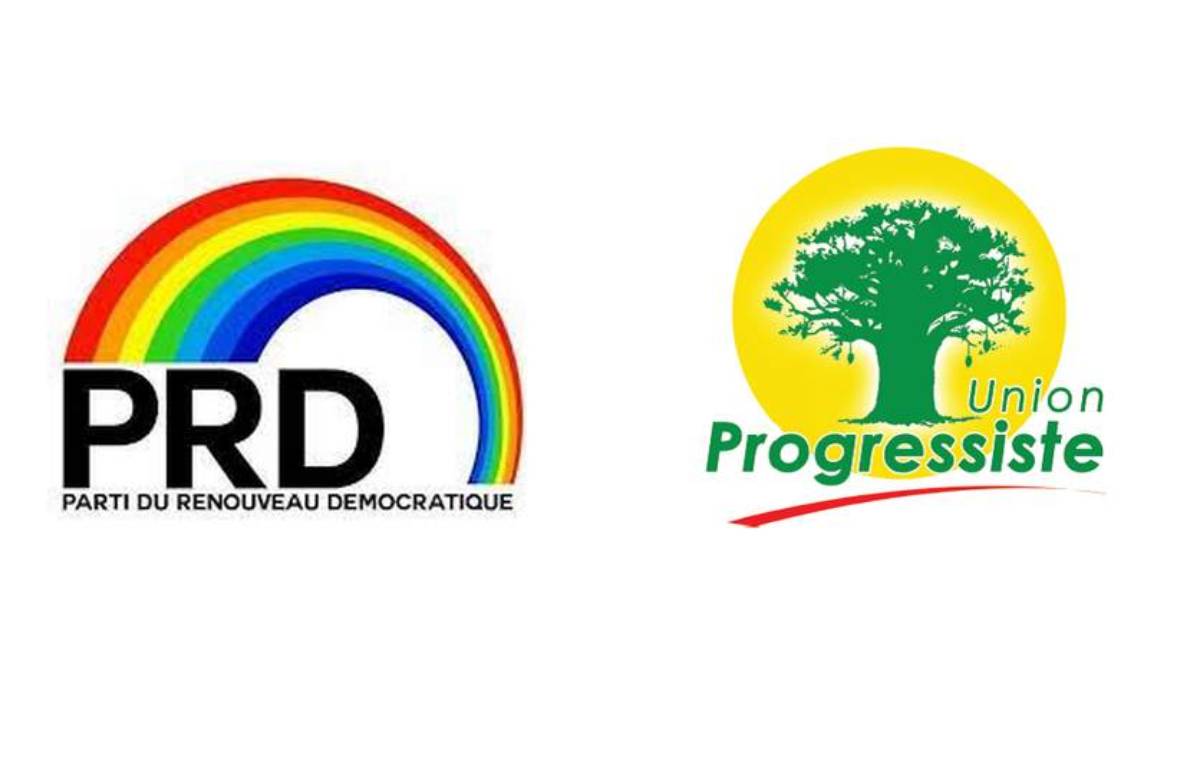Benin – PRD-UP Merger: Lawyer Landry Adélakoun Warns of a Legal Imbroglio and Points to the MISP
The political merger between the Parti du Renouveau Démocratique (PRD) of Maître Adrien Houngbédji and the Union Progressiste (UP), celebrated with great pomp in 2022 to form the Union Progressiste le Renouveau (UPR), could be legally rendered null and void.

SUMMARY
This warning was issued on Sunday, June 8, 2025, by legal expert Landry Adélakoun, a guest on the show “Version Originale” on TVC. In his view, this political alliance, rather than strengthening party cohesion, has opened a legal loophole with serious implications.
At the core of his analysis, the legal expert highlights a glaring incompatibility between the merger procedure adopted and the fundamental principle of exclusive political membership, as defined in Article 11 of the Political Parties Charter: “No one can be a member of more than one political party at a time.” Yet, as Landry Adélakoun points out, the statutes of the PRD clearly specify that the merger with UP does not lead to the dissolution of the PRD.
This provision, recently reaffirmed by an official letter sent to the Minister of the Interior by the president of the PRD, Adrien Houngbédji, creates a paradoxical situation: PRD members would automatically become members of the UPR without breaking their affiliation with the PRD. A simultaneous membership, which is legally prohibited.
“A PRD member also becomes a member of the UPR, which violates the Charter. You cannot be a member of more than one political party,” insists Landry Adélakoun.
A gap in the Ministry of Interior’s control
The legal expert does not stop at this observation. He directly questions the vigilance of the Ministry of the Interior, which is the guarantor of the compliance of the founding acts of political parties. Supporting his claim, Article 19 of the Political Parties Charter requires the administration to verify and ensure the consistency of statutes when receiving administrative declarations.
“The ministry should have ensured that this merger did not result in a situation of dual membership. This oversight seems to have been neglected,” he laments.
For Landry Adélakoun, this substantial irregularity could indeed challenge the legal legitimacy of the UPR. According to him, even having a receipt issued to the new party does not suffice to cover a fundamental irregularity. If a competent authority were to intervene, the very existence of the UPR could be legally annulled.
“In law, an act deemed null is considered to have never existed,” he reminds. Thus, the creation of the UPR, if found to be flawed, could be erased from the legal order.
The legal expert’s media appearance comes amid growing tensions between the PRD and the Ministry of the Interior. In a letter dated June 2, 2025, and consulted by Banouto, Adrien Houngbédji vehemently opposes a ministerial correspondence asserting that the PRD ceased to exist since the merger.
“Writing that the PRD has ceased to exist is contrary to reality,” states the historical leader of the PRD, highlighting that the final receipt for the PRD dates from August 26, 2022, after the signing of the merger protocol.
On May 26, Joseph Djogbénou, president of the UPR, discreetly visited Me Houngbédji’s home. A closed-door meeting, symbolizing the internal cracks and delicate adjustments agitating both camps.


Comments